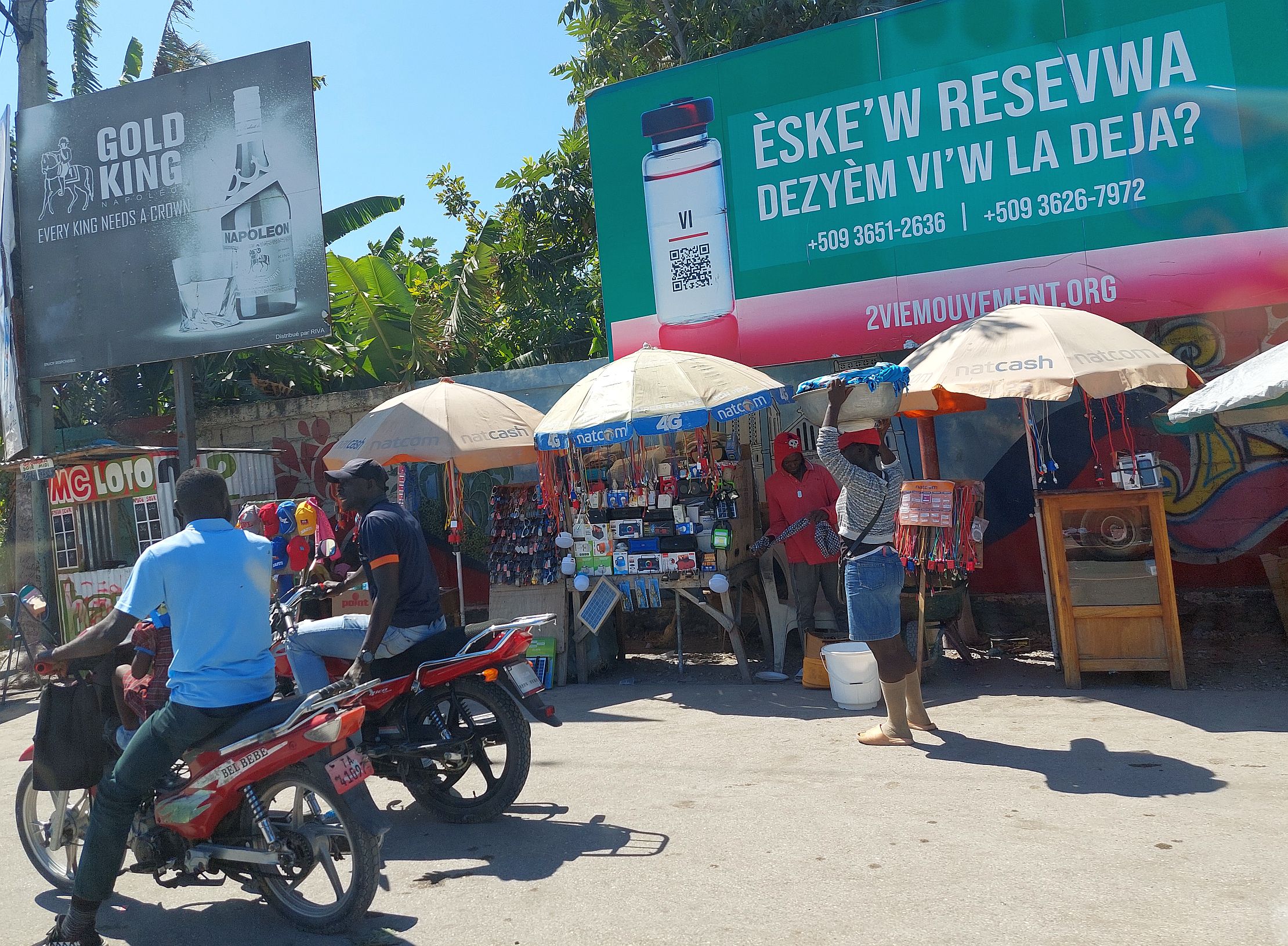Catalysing urban transformation in Haiti through active collaboration with municipalities and local communities
The programme Ansanm Ann Chanje Lavil (Creole for Together Let’s Change the City), or simply LAVIL, aims to help municipalities in Haiti strengthen their administrative capacity and financial health to provide adequate services to their populations.
Launched in 2023, it supports diagnostics and pilot interventions in two municipalities: Cap-Haïtien and Les Cayes. The initial activities focus on public markets, which are vital to the local economy and social cohesion.
The programme’s objectives are to:
- Increase municipal revenues
- Increase municipal investment
- Improve the ecosystem for better municipal financial management
To ensure its effectiveness while navigating local challenges, LAVIL uses an adaptable approach that incorporates flexible and collaborative processes to guide its design and implementation.
The LAVIL programme is funded by USAID and implemented by Cities Alliance in partnership with the municipalities of Cap-Haïtien and Les Cayes, Fondazione AVSI, Habitat for Humanity, the Institute for Housing Urban Development Studies (IHS), and the Institute for Training and Services (IFOS).

Decentralisation in Haiti
The 1987 Constitution of Haiti lays the foundations for decentralisation, enabling the free administration and autonomy of local authorities within the framework of national development.
By promoting decentralisation as a long-term development strategy, the Constitution enshrines the role of local authorities, encouraging them to participate in decision-making and implementing development policies. It also mandates municipalities with providing basic services to their populations.
Despite this promising start, decentralisation in Haiti remains incomplete. Municipalities are largely dependent on the central government, and their administrative and political powers are limited. They face a challenging financial situation, with inadequate resources that render them unable to provide essential services to their populations or plan for urban development.
Even though almost half of Haitians live in urban areas, only 0.6% of national GDP is spent at the local level, and municipal revenues account for just 1.7% of overall revenues, according to the World Bank.



